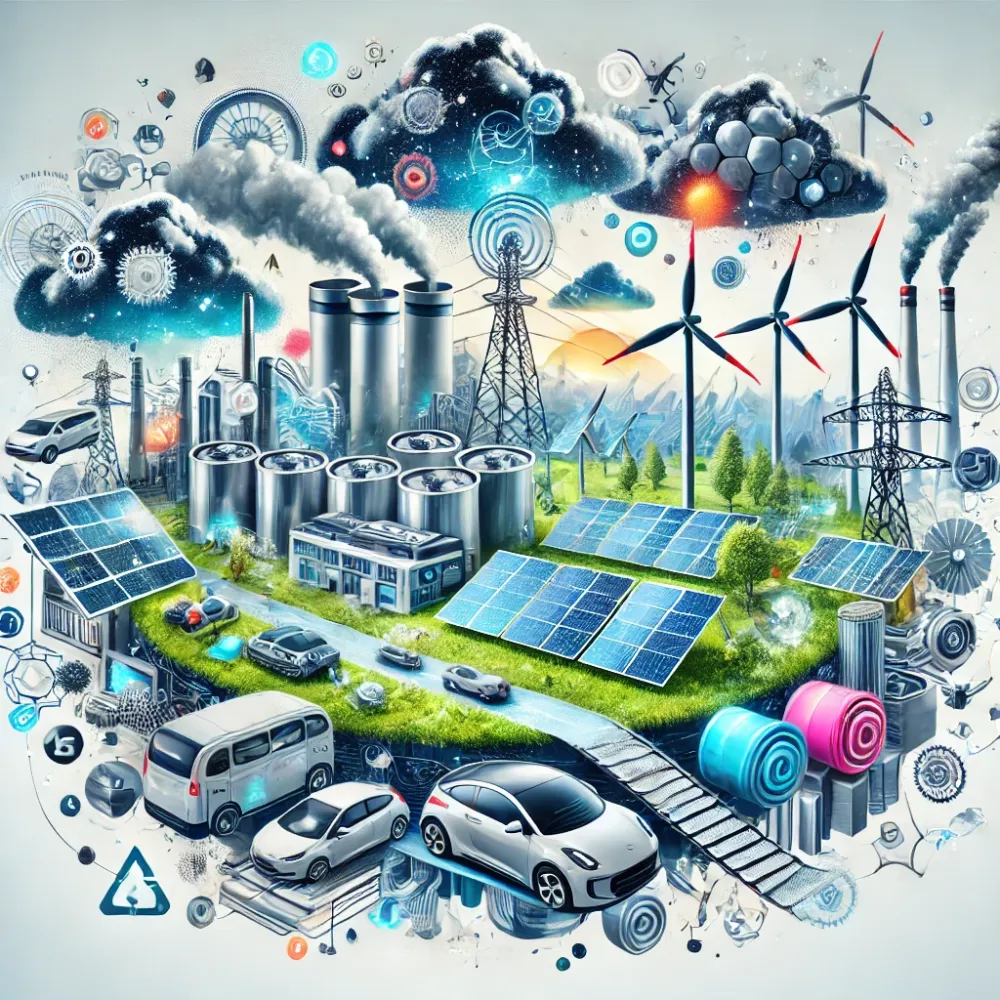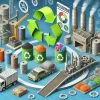Climate tech: not tomorrow, but today
The year 2025 is upon us, and climate technology is no longer something we dream about—it’s happening.
I recently had a conversation with a friend who owns a small electric vehicle company.
“The tech is there,” she told me, “but people need to see it in action to believe it.” And she’s right. From cutting-edge carbon capture systems to solar-powered batteries, climate innovations are becoming part of our everyday lives.
But here’s the thing: they’re not just cool gadgets—they’re necessities. The signs of climate change are everywhere, from extreme weather to rising energy costs. If we don’t act now, when will we?
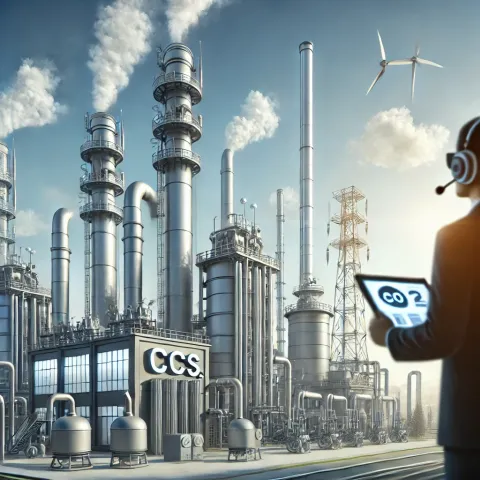
The reality of carbon capture
Let’s talk about carbon capture and storage (CCS).
It’s one of those things that sounds almost too good to be true: capturing CO2 before it can escape into the atmosphere.
Yet, it’s real, and it’s happening in places like Drax power station in North Yorkshire.
I visited Drax last year, and honestly, the scale of the operation blew me away.
This isn’t some experimental lab—it’s a fully functioning plant turning carbon capture into a viable business model.
The potential here is massive. Imagine factories and power plants using CCS to reduce emissions while continuing to operate.
Entrepreneurs who can make CCS cheaper and more efficient will be at the forefront of a market that’s bound to explode in the next decade.
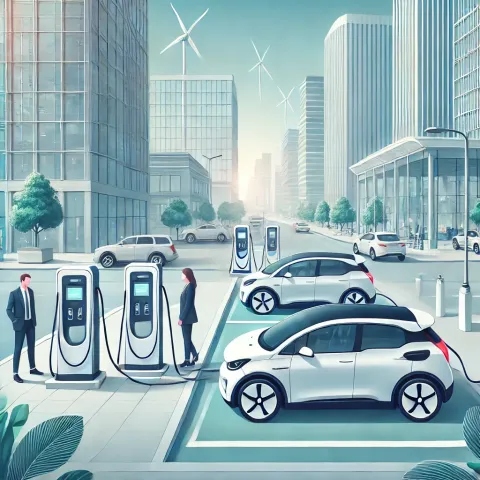
Electric vehicles: finally mainstream?
I remember the first time I saw an electric car charging station in my small town. It felt futuristic.
Now, they’re everywhere. EVs have gone from niche to normal, and the numbers speak for themselves.
The UK government’s decision to ban petrol and diesel cars by 2030 is pushing automakers to innovate like never before.
One of the most exciting developments is solid-state batteries. These things are game-changers—lighter, safer, and capable of longer ranges.
A friend of mine who recently bought an EV said, “The only thing I don’t like is the charging time.” Well, guess what? Solid-state batteries could solve that.
If you’re in the business world, think about the opportunities here. Charging infrastructure, battery recycling, or even electric delivery fleets—there’s a lot of money to be made if you play your cards right.
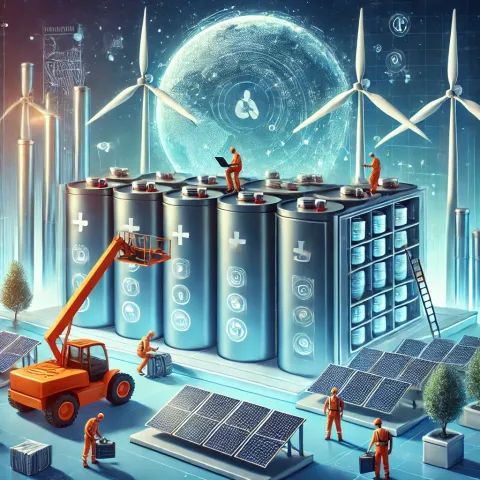
Making clean energy reliable
Let’s face it: renewable energy has a reliability problem. Wind and solar are great, but what happens when the wind doesn’t blow or the sun doesn’t shine?
Energy storage is the missing piece of the puzzle, and 2025 could be the year it all comes together.
In Scotland, there’s a company called Gravitricity doing something truly fascinating.
They’re using weights—yes, literal heavy weights—to store energy.
When electricity is needed, the weights drop, generating power.
It’s so simple yet so brilliant. And it’s not just for big companies.
Homeowners are getting in on the action too, pairing solar panels with batteries to save money and reduce their carbon footprint.
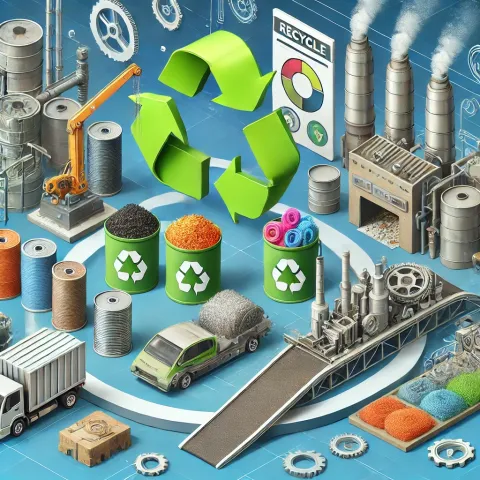
The circular economy: more than just recycling
I recently read an article about a fashion brand turning old jeans into insulation for homes.
It got me thinking: why aren’t more industries embracing the circular economy?
The idea is simple—reuse, recycle, and design things to last. It’s not just good for the planet; it’s smart business.
Take the construction industry, for example.
Instead of demolishing buildings and sending materials to landfill, companies are now salvaging bricks, steel, and wood for reuse.
In London, there’s a project where old office furniture is being refurbished instead of replaced. It’s small steps like these that add up to big change.
For entrepreneurs, the circular economy is a goldmine. Whether it’s designing products that can be easily repaired or finding creative ways to repurpose waste, there’s no shortage of opportunities.
Why this matters now
If you’re reading this, chances are you care about the future—your future, your family’s future, and the planet’s future.
Climate tech isn’t some abstract concept; it’s real, and it’s happening. But it needs people—innovators, investors, and everyday consumers—to push it forward.
The UK is in a unique position to lead this charge. With government incentives, a growing talent pool, and a culture of innovation, the stage is set. The only question is: will you be part of it?
